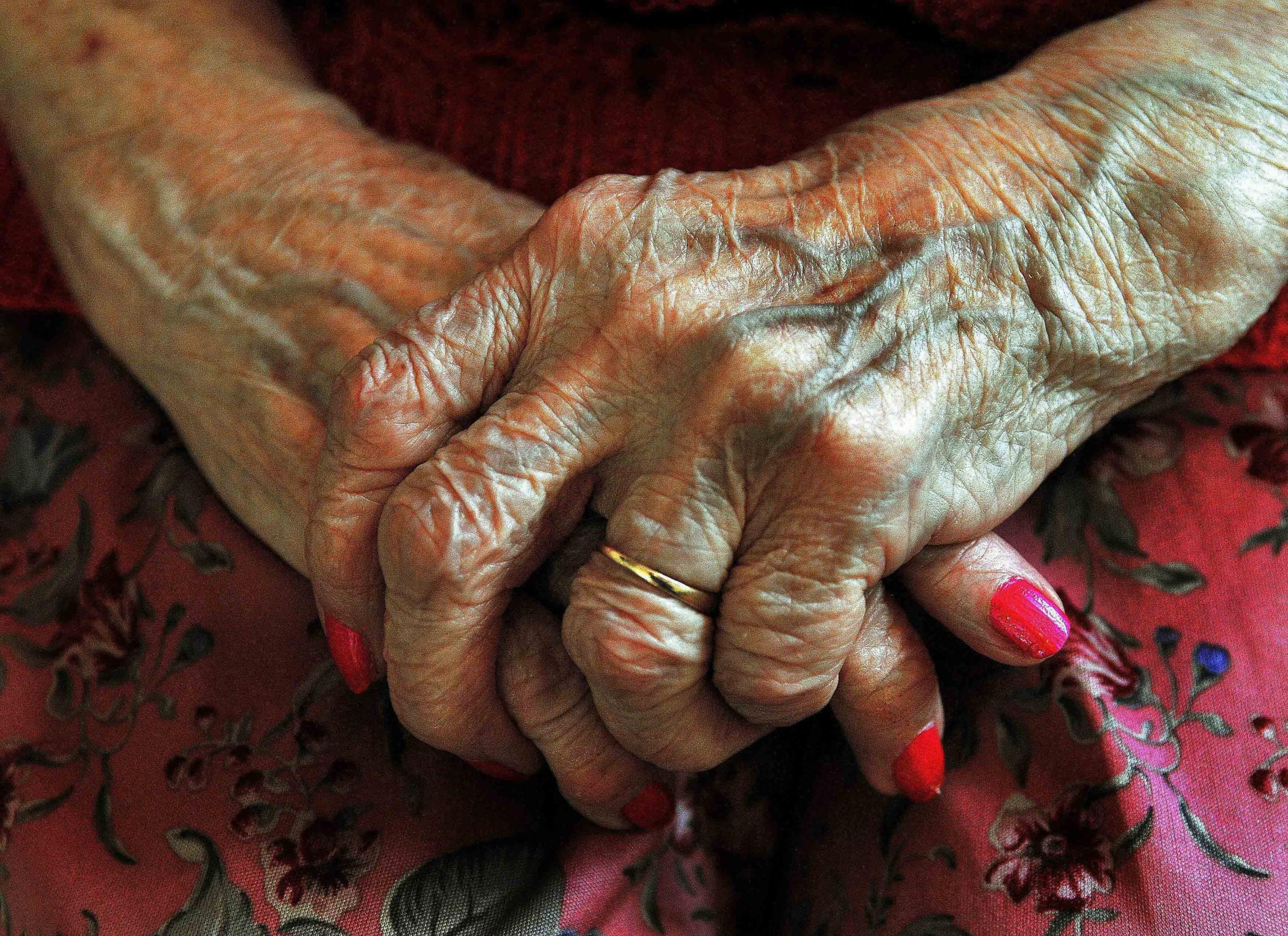Over 40s should pay new tax to fund creaking social care, MPs say
Levy to pay for spiralling costs of care in old age should be paid by individuals and employers, MPs said

Your support helps us to tell the story
From reproductive rights to climate change to Big Tech, The Independent is on the ground when the story is developing. Whether it's investigating the financials of Elon Musk's pro-Trump PAC or producing our latest documentary, 'The A Word', which shines a light on the American women fighting for reproductive rights, we know how important it is to parse out the facts from the messaging.
At such a critical moment in US history, we need reporters on the ground. Your donation allows us to keep sending journalists to speak to both sides of the story.
The Independent is trusted by Americans across the entire political spectrum. And unlike many other quality news outlets, we choose not to lock Americans out of our reporting and analysis with paywalls. We believe quality journalism should be available to everyone, paid for by those who can afford it.
Your support makes all the difference.The government should introduce a levy for over 40s, retirees, and employers to fund the spiralling care costs of the growing population of older people and those with disabilities, MPs have said.
A report from the Housing, Communities and Local Government and Health and Social Care Committees calls for a “social care premium” for England, to address social care costs which will soon become “unsustainable”.
The aim of the system would be to ensure the personal element of social care – such as washing, dressing and eating – is eventually available free at the point of delivery to everyone who needs it, although accommodation costs would continue to be means-tested.
In order to ensure fairness between generations, payments into the fund would start at the age of 40 and would be extended to those over 65, it said.
Social care was badly hit by government cuts to council budgets and stretched services are also heaping pressure on the NHS as there is not enough capacity to support people at home when they are well enough to leave hospital.
The sector will need “many billions of pounds” to simply keep pace with the growth in demand in the coming decade, the MPs said.
To address this the government should consider moving to a “social insurance system” with the additional funds raised to be specifically earmarked for key parts of home support and nursing care, they added.
The social care premium could either operate as an additional element of national insurance or through a separate mechanism, as happens in Germany, the report said.
The money raised should be held in an audited fund to reassure the public that it would be used solely for social care and not raided for other priorities.
“We heard strong support for the principle of earmarking contributions – it was felt that establishing a visible fund that is clearly, transparently and accountably linked to spending on social care is key to gaining public acceptance for this measure,” the report said.
The MPs said consideration should be given to setting a minimum earnings threshold, to protect those on low incomes, and to the inclusion of unearned income, such as pensions and investments, when it came to calculating an individual’s contribution level.
With an estimated funding gap of up to £2.5 billion in the next financial year alone, the report acknowledged that is unlikely to be affordable immediately, and said the first priority should be to extend free care to those whose needs are deemed to be “critical”.
In a further measure it called for an additional inheritance tax charge on estates valued above a certain threshold, as a way of “pooling of risk” to prevent those requiring long term care being faced with “catastrophic” costs.
After Theresa May‘s attempt to bring forward plans to reform social care funding at last year’s general election – branded the “dementia tax” by opponents and blamed for a disastrous loss of support for the Conservatives – the report emphasised the need for cross-party support for change.
Her government had pledged to publish its proposals for social care reforms this summer but it has now pushed its green paper into the autumn.
Dr Sarah Wollaston, the chair of the Health and Social Care Committee, said: “We can no longer delay finding a fair and sustainable settlement for social care. Doing nothing cannot be an option.
Clive Betts, the chair of the Housing, Communities and Local Government Committee, said: “The social care system is in a critical condition and there is an urgent need for more funding both now and in the future to ensure people are properly looked after.
“Given the huge funding gulf, the Government should now take the opportunity to build both a political and public consensus around the need for a new social care premium to secure a fair and sustainable system in the long-term.
Chair of the Local Government Association's community wellbeing board, councillor Izzi Seccombe, said: “This report reflects the bold and radical decisions that need to be made if we are to solve the irrefutable crisis in funding adult social care.
Properly funding social care and prevention measures not only helps councils with overly-stretched budgets offer the vital support that older and disabled people need, it also helps to prevent crises and cost pressures in the NHS by reducing the numbers of people who are admitted to hospital.
Additional reporting by Press Association
Join our commenting forum
Join thought-provoking conversations, follow other Independent readers and see their replies
Comments